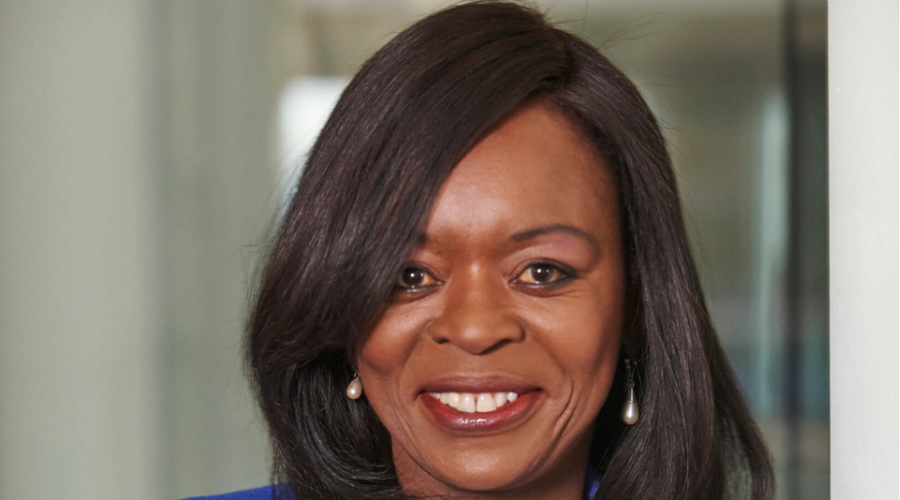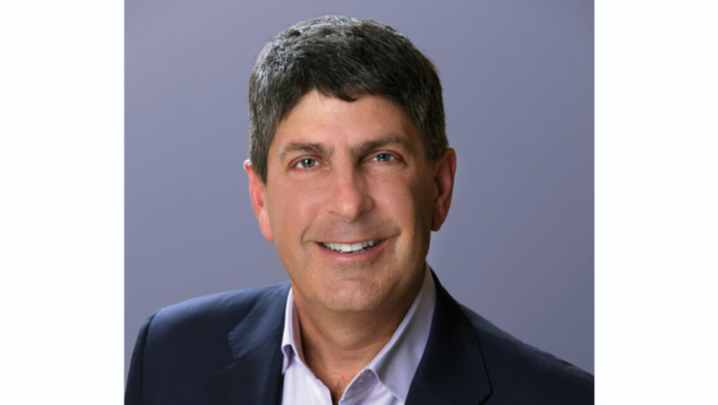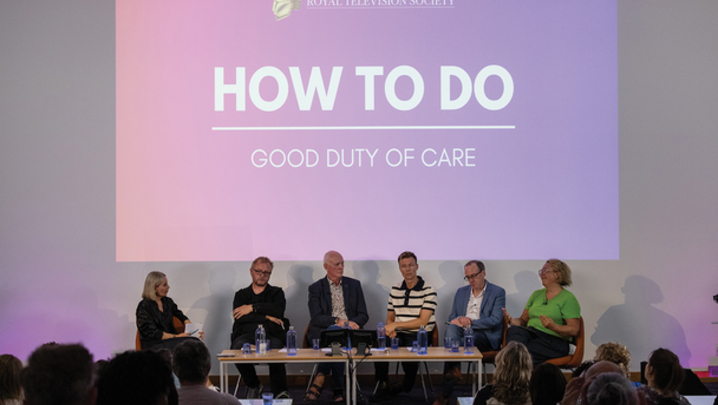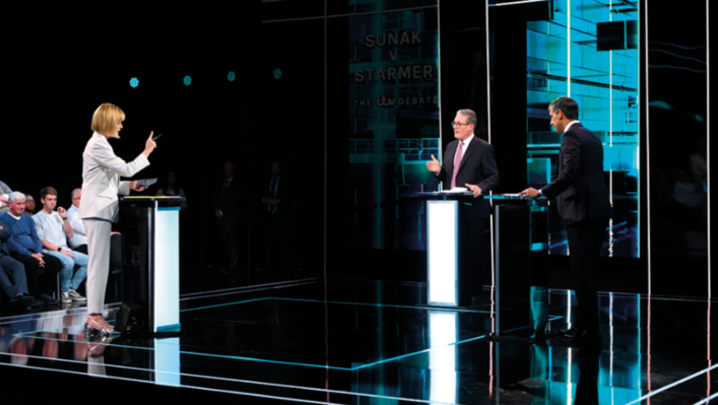A recent RTS roundtable on newsroom diversity highlighted several initiatives to make TV newsrooms more representative of the UK population.
Opening the discussion, ITN CEO Rachel Corp said diversifying ITN had been hugely important for many years. She explained: “There are some great initiatives going on. I think everyone would agree that our newsrooms and our content are unrecognisable compared with not very long ago. But, clearly, there is stuff that needs to change.”
RTS Honorary Secretary Simon Bucks, a former ITN and Sky News journalist, said that “it may be fair to say that things haven’t changed dramatically enough. People who were at this year’s RTS Television Journalism Awards will know that a large proportion of the people in the room were white.”
STV News Editor Nichola Kane stressed that the Glasgow-based broadcaster’s Expert Voices scheme had led to news programmes having a greater diversity of voices from on-screen contributors.
STV had gone out into more diverse communities to find stories and build up a network of contacts. News programmes were monitored for how many people of colour appeared on them. If monthly targets were not met, questions were asked.
“We felt that we had to make some changes that were concrete,” said Kane. “We can see the changes, although there is still a lot of work to be done.”
Regarding recruiting more people of colour to join the newsroom, STV discovered that Scottish universities were experiencing the same problem, so STV worked with local higher education institutions to target a more diverse potential workforce.
Kane said: “We’re going into areas [with] more diverse populations and getting people from an early age. We’ve found that, by the time they go to university, it might be too late because people haven’t chosen to think about TV as a career.”
Andrew Dagnell, ITV News’s Editor of Network News, highlighted the Rising Stars initiative, which aims to provide future leaders from ethnic backgrounds with support to boost their careers. “After 18 months to two years of being on that scheme, the aspiration is that those taking part would look to be promoted,” he said.
Sky News Managing Director Jonathan Levy outlined a difficulty with hiring specialist staff: “We’re all recruiting at the top of the pyramid, a very narrow group of people, most of whom are from very similar backgrounds.
“It’s very hard if you want to go out and recruit a head of foreign news. It’s quite a specialist job. There aren’t that many candidates.”
Associated Press’s Amanda Barrett, Vice-President of Standards and Inclusion, drew attention to an in-house programme designed to train future leaders and “give different kinds of people opportunities to learn more about the company”.
For the Paris Olympics, AP has broken with tradition by inviting staff to apply to be part of its coverage, rather than saying who will attend.
At Reuters, Joanna Webster, Global Managing Editor, Visuals (Video and Photography), said that, “in the picture space”, Reuters had made “huge progress by deliberately rebalancing our contractors”.
Progress in other areas was slower, despite the introduction of more diverse representation on job interview panels and the creation of diverse shortlists. In Africa and Asia, Reuters had introduced diversity acceleration programmes.
ITN Editorial Diversity Partner and Senior Correspondent, ITV News London, Ronke Phillips, said she was encouraged to see so many senior people at the roundtable.
She said: “My job is about getting people into meetings where they can make a difference. It’s ethnic diversity, of course, but it’s also gender diversity and geographical diversity, which I am very passionate about.”
The group also discussed options for the RTS Television Journalism Awards, which will be reviewed by the Society.
The ‘RTS Newsroom Diversity Roundtable’ was held at ITN in London on 5 June.







